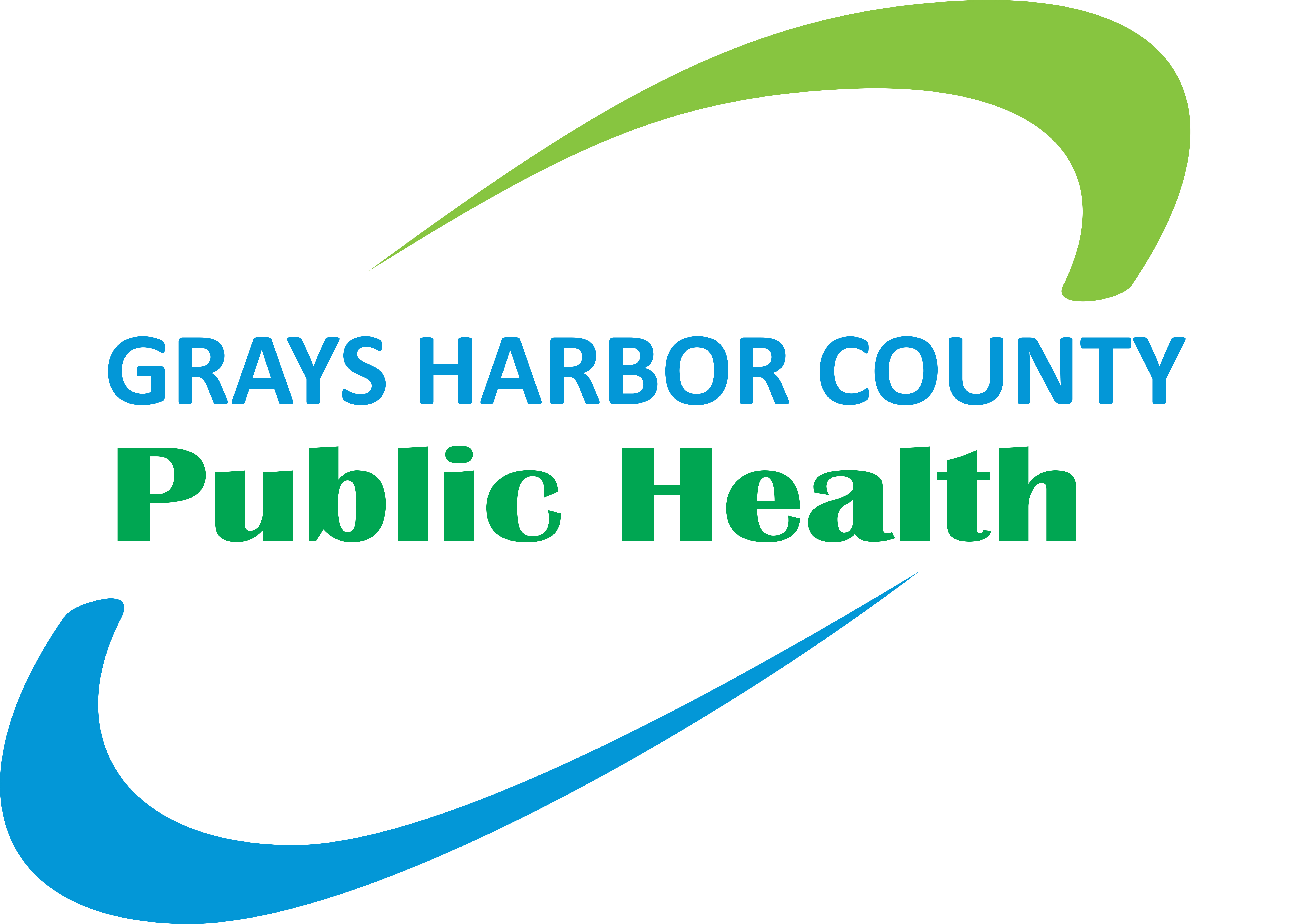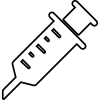STD and STIs spread by sexual contact
Sexually transmitted diseases (STDs), also called sexually transmitted infections (STIs), are illnesses spread by sexual contact. There are many types of STDs. While most STDs can be treated, all STDs can be prevented. The most common in Grays Harbor County are:
- Chlamydia.
- Gonorrhea.
- Herpes.
- Syphilis.
Many people are not aware that they have an STD. Infected people can spread disease unconsciously, as symptoms are not always obvious.
Providers are encouraged to provide EPT.
Expedited partner therapy (EPT) helps control the spread of infection. EPT is giving medicine to an infected person’s sex partners without examining them first. This helps prevent reinfection of the patient and prevents further transmission by partners.
EPT is permissible in Washington in many cases of Chlamydia and Gonorrhea. Providers can find out more about EPT from the Centers for Disease Control and Prevention (CDC), and by contacting the Health Department.
Reporting Requirements
Healthcare providers and facilities must report AIDS, HIV and most other sexually transmitted infections to the Health Department within three working days.
There are two ways to report an infection:
Complete an HIV/AIDS case report form and
- Fax it to (360) 533-6272.
- Or mail it to Washington State Department of Health, Assessment Unit, PO Box 47838, Olympia, WA 98504-7838.
Resources
Treatment guidelines
- STI Treatment Guidelines—CDC
- Letter to providers about gonococcal treatment update—Washington State Department of Health (DOH), 2021.
- Letter to providers about gonococcal treatment update—DHHS, 2020.
Disease information
- National STD Curriculum Podcast.
- Sexual orientation disparities in risk factors for adverse COVID-19 related outcomes, race/ethnicity-behavior risk factor surveillance system, United States, 2017-2019—CDC, 2021.
- Disease information—CDC.
- Bacterial vaginosis (BV).
- Chlamydia.
- Genital herpes.
- Gonorrhea.
- Human papillomavirus (HPV).
- Pelvic inflammatory disease (PID).
- Syphilis.
- Trichomoniasis.
- Other STDs (chancroid, lymphogranuloma venereum (LGV), mycoplasma genitalium, ectoparasitic infections).
- STD data and information—DOH.
- National STD curriculum self-study training modules—CDC and University of Washington.
- Clinical and non-clinical education and training—CDC.
Pre-exposure prophylaxis (PrEP) and post-exposure prophylaxis (PEP)
- PrEP for HIV prevention—CDC.
- PrEP for HIV clinical practice guideline—CDC.
- PrEP and PEP for HIV prevention—DOH.
- PrEP Watch: data, research and access.
- We are 1: PrEP providers.
Expedited Partner Therapy (EPT)
- EPT guidance—DOH.
- EPT review and guidance—CDC.
Tools for working with patients
- Recommendations for providing quality STD clinical services—CDC, 2020.
- Affirmative care for people who are transgender or gender non-conforming—National LQBTQIA+ Health Education Center.
- Asking questions about sexual orientation and gender identity in clinical settings—Do Ask, Do Tell.
- Taking a sexual history—CDC.
Latest announcements
COVID-19 Related
- CDC Interim STD Treatment Recommendations during COVID-19
- CDC Guidance during disruption of STD clinical services.
- Department of Health and Human Services Dear Provider letter.
Treatment Guidelines
- CDC 2015 STD treatment guidelines.
- 2019 STD treatment updates.
- HHS Dear colleague letter re: Gonococcal treatment update.
HIV/AIDS
- Clinician Consultation Center—HIV/AIDS, PrEP, Perinatal HIV and PEP information from University of California, San Francisco.
- HIV testing page—Washington State Department of Health .
- Transforming Health—CDC resources for healthcare providers treating transgender people living with HIV.
- Prevention Challenges—CDC statistics and information about transgender people and HIV.
- Injection Safety —CDC
- One and Only Campaign —CDC
Disease Information
- CDC Disease Information
- DOH STD data and information
- National STD curriculum self-study training modules.
- CDC clinical and non-clinical education and training.
Pre-Exposure Prophylaxis
- CDC Guidance: PrEP for HIV prevention.
- DOH Guidance: PrEP and PEP for HIV Prevention
- PrEP Watch: data, research and access.
- WHO PrEP implementation guidelines.



